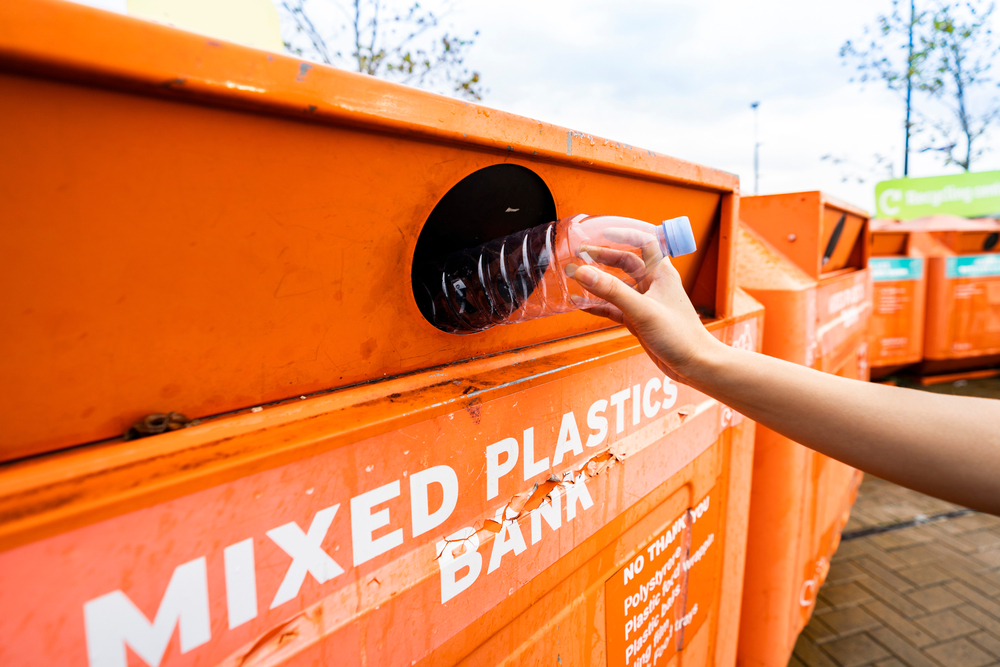The deposit return scheme is set to cost retailers £18.8 billion a year from 2025, ten times the amount officials previously claimed.
As reported by the Telegraph, the British Retail Consortium highlighted the need for a delay to “rethink” current plans in order to “prevent the introduction of an unnecessarily complex and costly scheme.”
In the government’s official impact assessment for the deposit return scheme – seen by the Telegraph – the annual cost was estimated to be £171 million a year back in 2019.
The BRC also argues the cost will be passed down to consumers in the form of higher prices.
The BRC believes that the costs to the industry will rise even further, as their calculations do not include the cost from the industry to set up an industry body to run the scheme, the cost of which they say would run into the hundreds of millions.
Subscribe to Sustainability Beat for free
Sign up here to get the latest sustainability news sent straight to your inbox every day
BRC director of food and sustainability Andrew Opie said the proposed deposit return scheme is “costly, complicated and cannot deliver the step change in recycling needed to justify it.
“By driving up costs by almost £2 billion per year, the government risks pushing up prices for ordinary households, just as inflation is coming down.
“Government must first introduce its household collection and packaging levy reforms so that it can assess the best way forward on a deposit return scheme. On its current course, it will be consumers who will pay the price of this unnecessarily hasty, expensive, and complex scheme,” he added.
A Defra spokesman said: “We are committed to introducing our reforms to reduce waste and improve our use of resources. Our deposit return scheme is an important part of this, which is why we are working with the supply chain to design a simple and effective system that benefits businesses, consumers, and the environment.
“We are confident in our analysis. Many drinks manufacturers welcome the deposit return scheme and are confident it will help them access more and better-recycled packaging materials, save them money, and deliver shared environmental benefits. Furthermore, the wider economic benefits of DRS are significant, including estimated benefits of £8.5 billion up to 2032 from litter reduction alone.”















